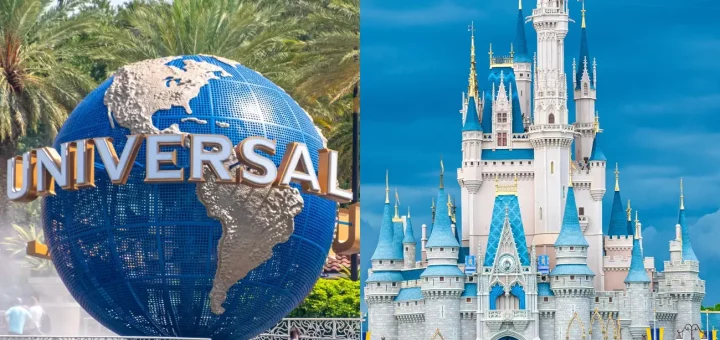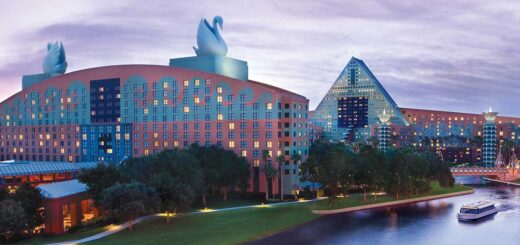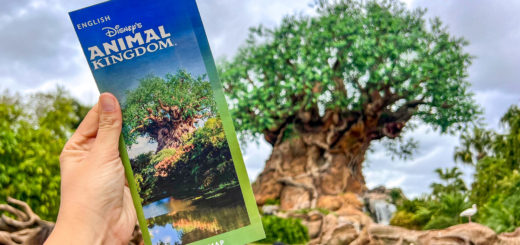The Theme Park Wars Have Begun
Begun, the theme park wars have.
Okay, I’m one of the least likely people on this planet to quote Star Wars, but even I thought of Yoda the other day.


Photo: Universal
The quote came to mind after I read a MoffettNathanson report, which alluded to the impending arrival of Universal Epic Universe.
Analysts at MoffettNathanson believe that the arrival of the new park signifies the start of the “theme park wars.”
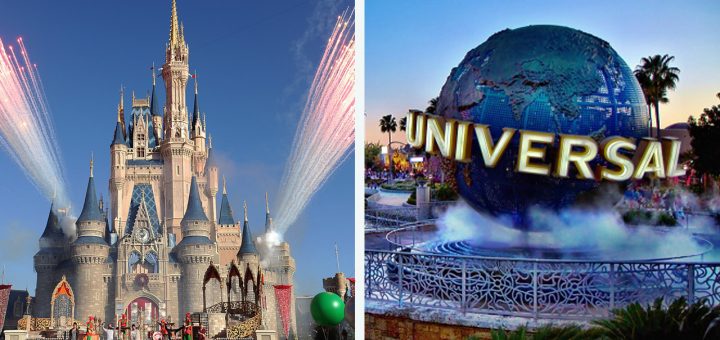

Photo: Disney/Universal
What are the theme park wars, what do analysts believe will happen, and who will win?
The Two-Player Game
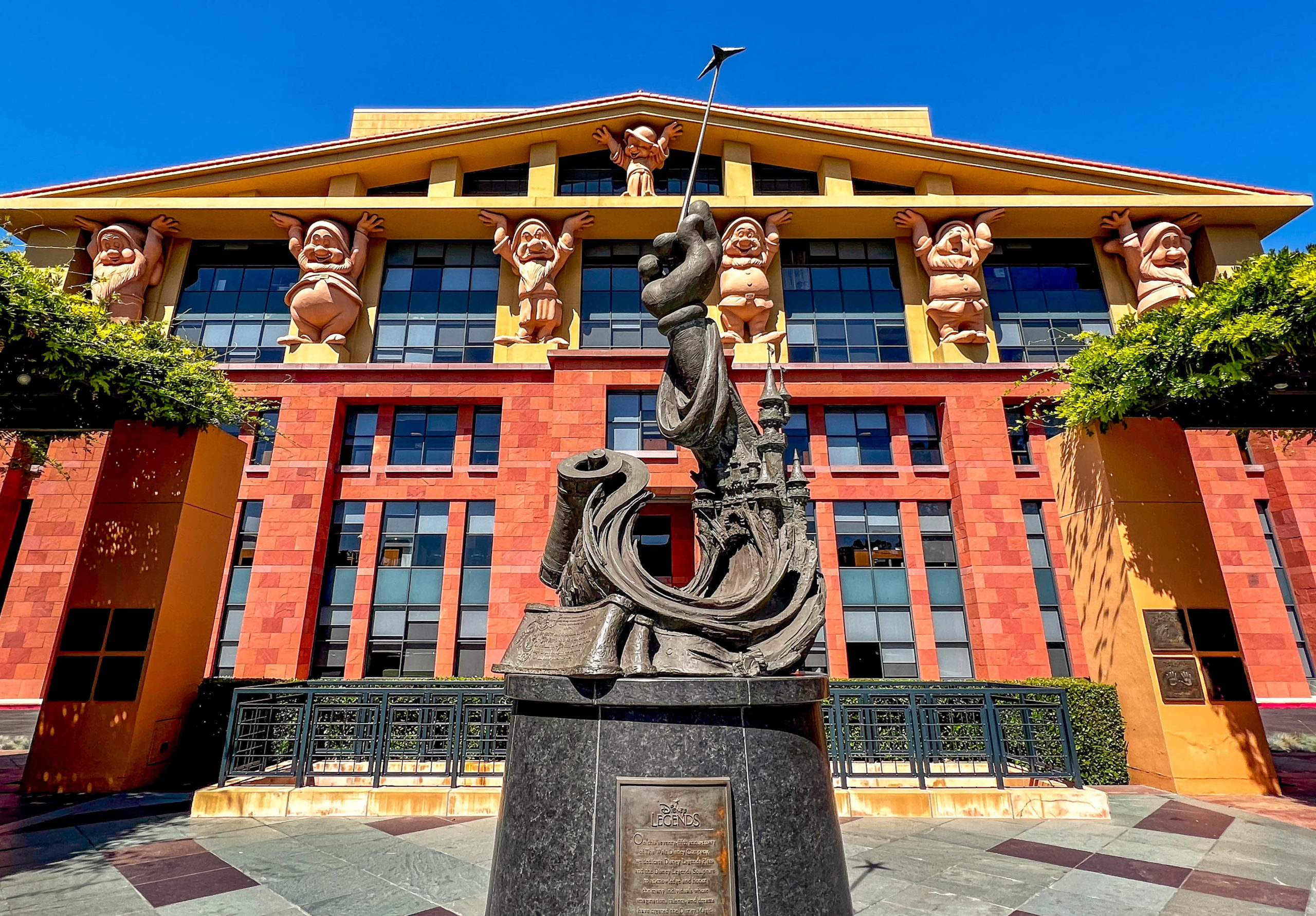

The Walt Disney Company
A few months ago, I discussed how the theme park industry has unintentionally evolved into a two-player game.
Sadly, the pandemic functioned as an extinction-level event for many businesses, especially movie theaters and theme parks.


Cedar Fair
During the 21st century, younger consumers have developed different hobbies that keep them away from both.
The theme park industry was always an oligopoly, but we’re currently watching Cedar Fair and Six Flags try to merge.


Six Flags
That idea would have been unfathomable just five years ago.
This deal appears likely to happen, presuming it passes regulatory approval.


Six Flags
The companies have done this as a desperation survival tactic, and I say that as a superfan of Cedar Point.
Nobody ever creates a business plan that projects zero dollars for six months or more, but that’s what happened with theme parks.
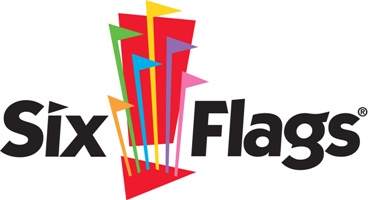

Six Flags
The lingering ramifications have given Six Flags little chance of surviving on its own.
For the time being, only local institutions like Hersheypark and Dollywood remain above the fray.
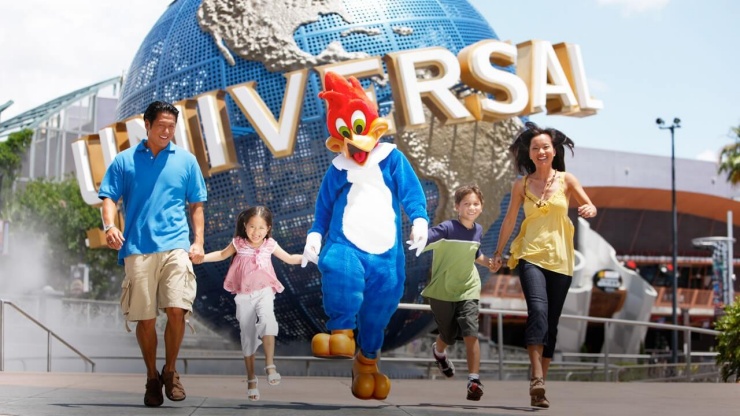

Photo: Visitingsingapore.com
The competitive gap between Disney and Universal vs. everyone else has never been larger.
Even worse, the trend should only continue in future years.


Credit: Disney
Industry forecasts suggest a clear line of demarcation between the two ‘haves’ and the ‘have nots,’ which is everyone else.
The reality is that such lines of demarcation don’t matter to the money people, though.
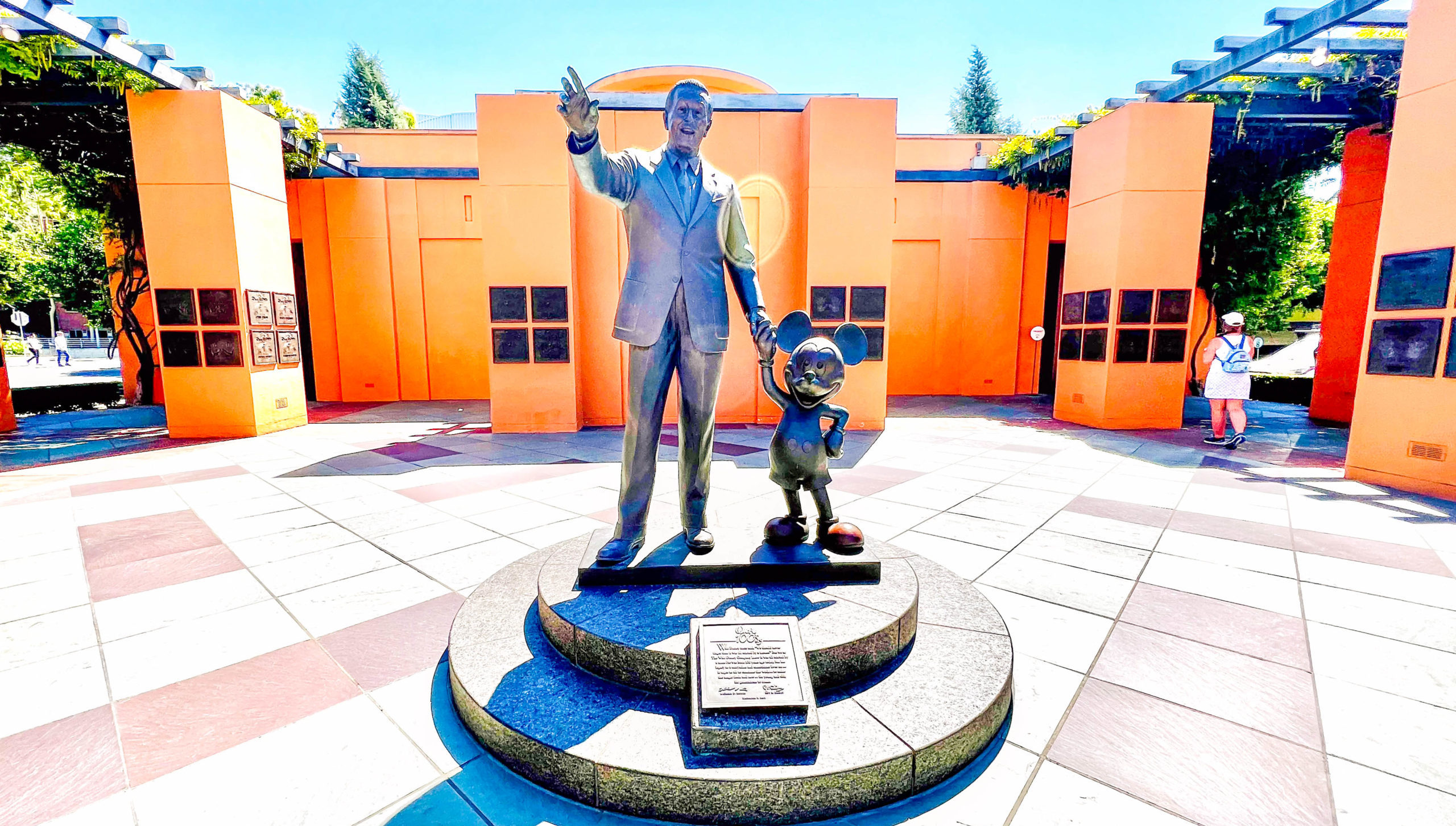


Credit: Disney
They’re making micro decisions involving all the major corporations. That’s Comcast and The Walt Disney Company.
Anybody else in the theme park industry represents a fractional consideration.
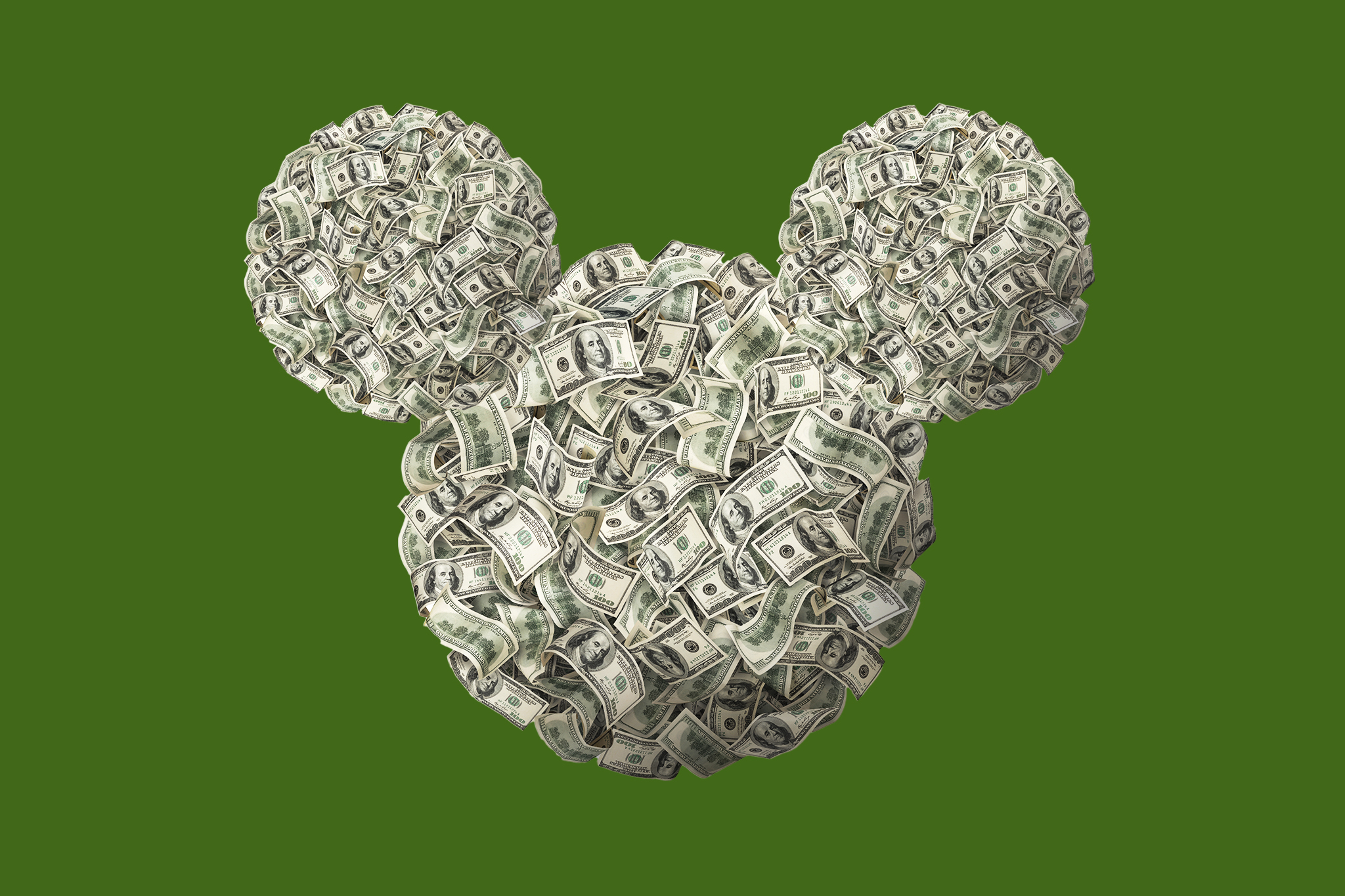

Photo: Washington Post
Conversely, we saw with Disney’s earnings report that even the slightest Wall Street concern can negatively impact the stock.
That fact brings us to the “theme park wars.”
What Are the Theme Park Wars?
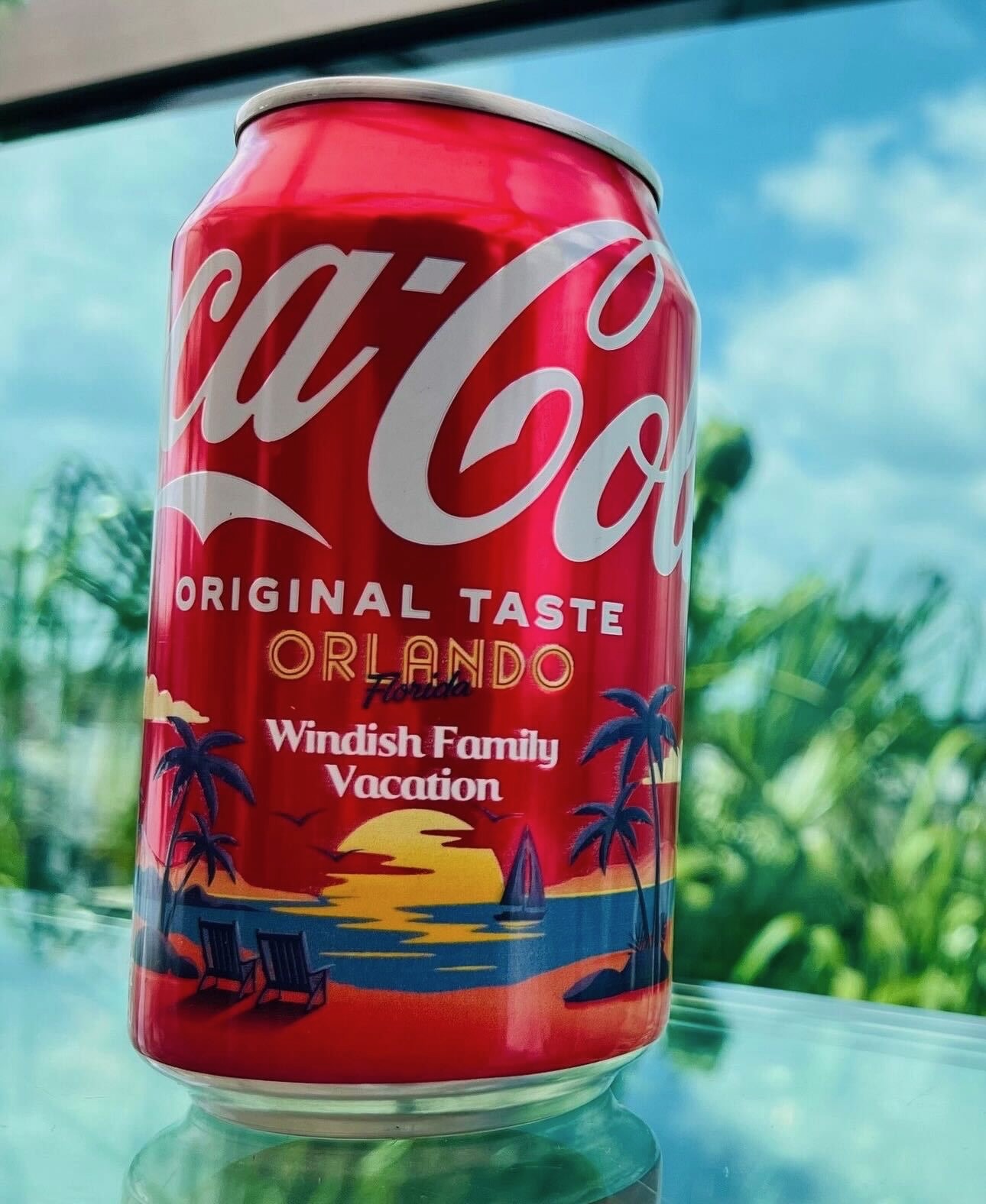

Personalized Coca-Cola Cans at the Coca-Cola Store in Disney Springs
Many of us grew up in an era of the Cola Wars between Coca-Cola and Pepsi-Cola.
We also had the Burger Wars between McDonald’s and Burger King.
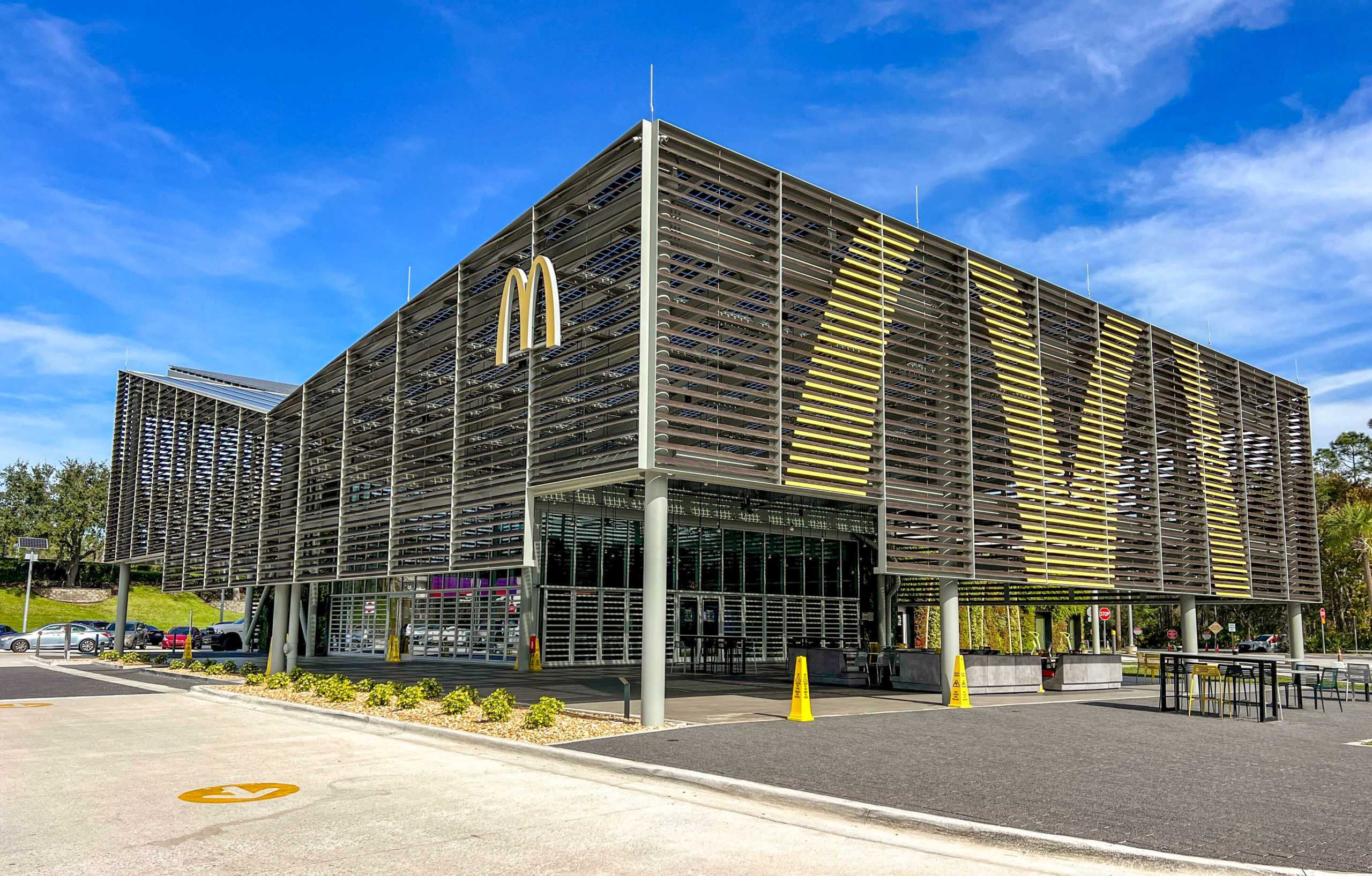

McDonald’s
These competitions were always overly hyped and vastly overstated.
In practice, what mattered was that you were one of the big two.
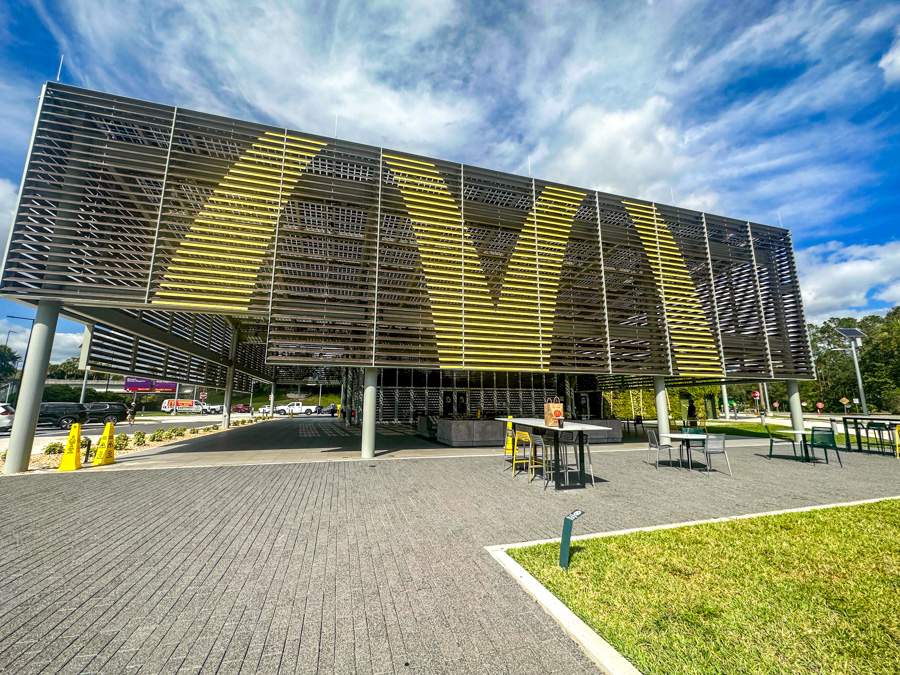

As long as people perceived that you were fighting for the top spot, you knew your position was secure.
Still, the media breathlessly reported on every angle of the Cola Wars and Burger Wars because they were topics of interest.
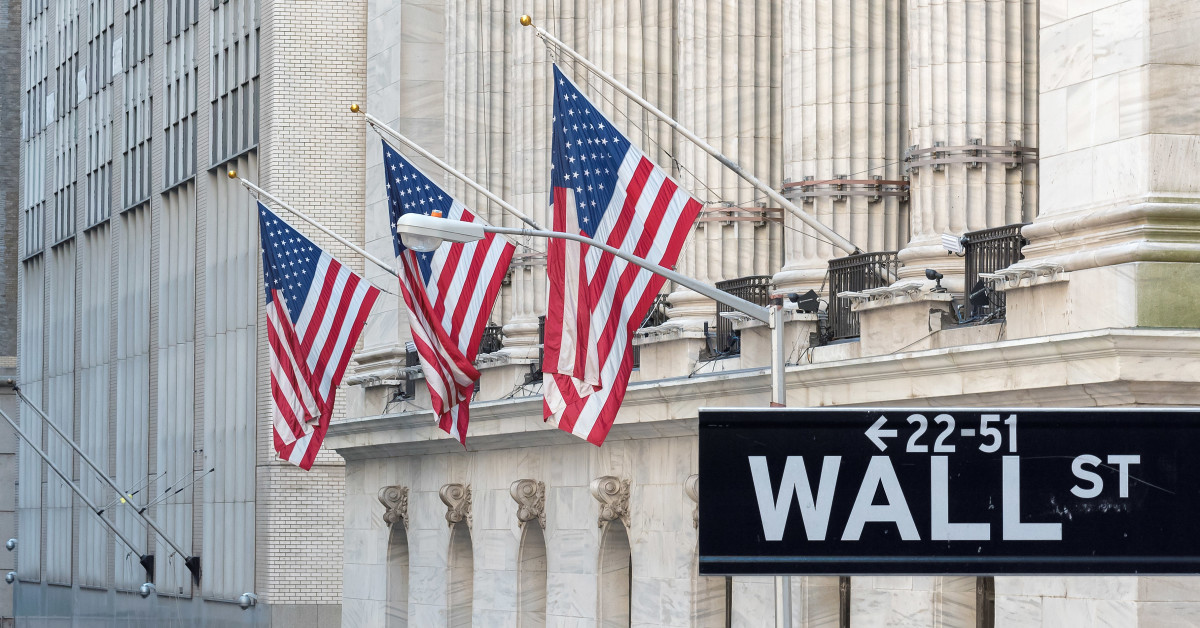

Photo: History.com
On Wall Street, understanding the status of such corporations can lead to millions of dollars in revenue or, if you get it wrong, losses.
Given the shocking level of scrutiny facing Disney, it’s no surprise that analysts like MoffettNathanson are contemplating the future.


Photo: Universal
They worry that the rise of Comcast’s theme parks, Universal Studios, will lead to a gradual erosion in the strength of Disney.
I realize that statement sounds silly, but it’s come up enough that I recently wrote my own evaluation.


Photo: Universal Studios
One of the conclusions is that Universal is likely to slow down more than Disney this year.
Casual tourists will wait until Universal Epic Universe opens in Orlando in 2025.
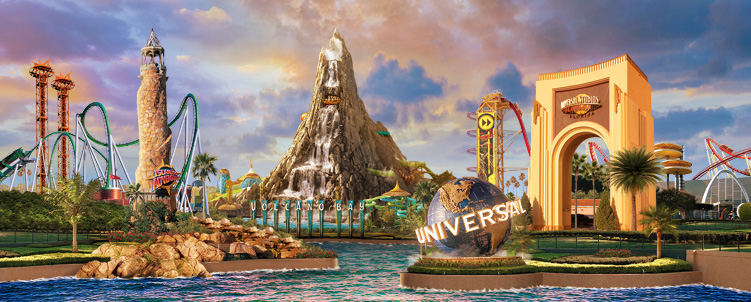

Universal
From that point forward, Universal may siphon some Disney attendance, but that’s a two-way street.
Disney will also gain from more Central Florida tourists, few of which are willing to pass on a visit to the Most Magical Place on Earth.
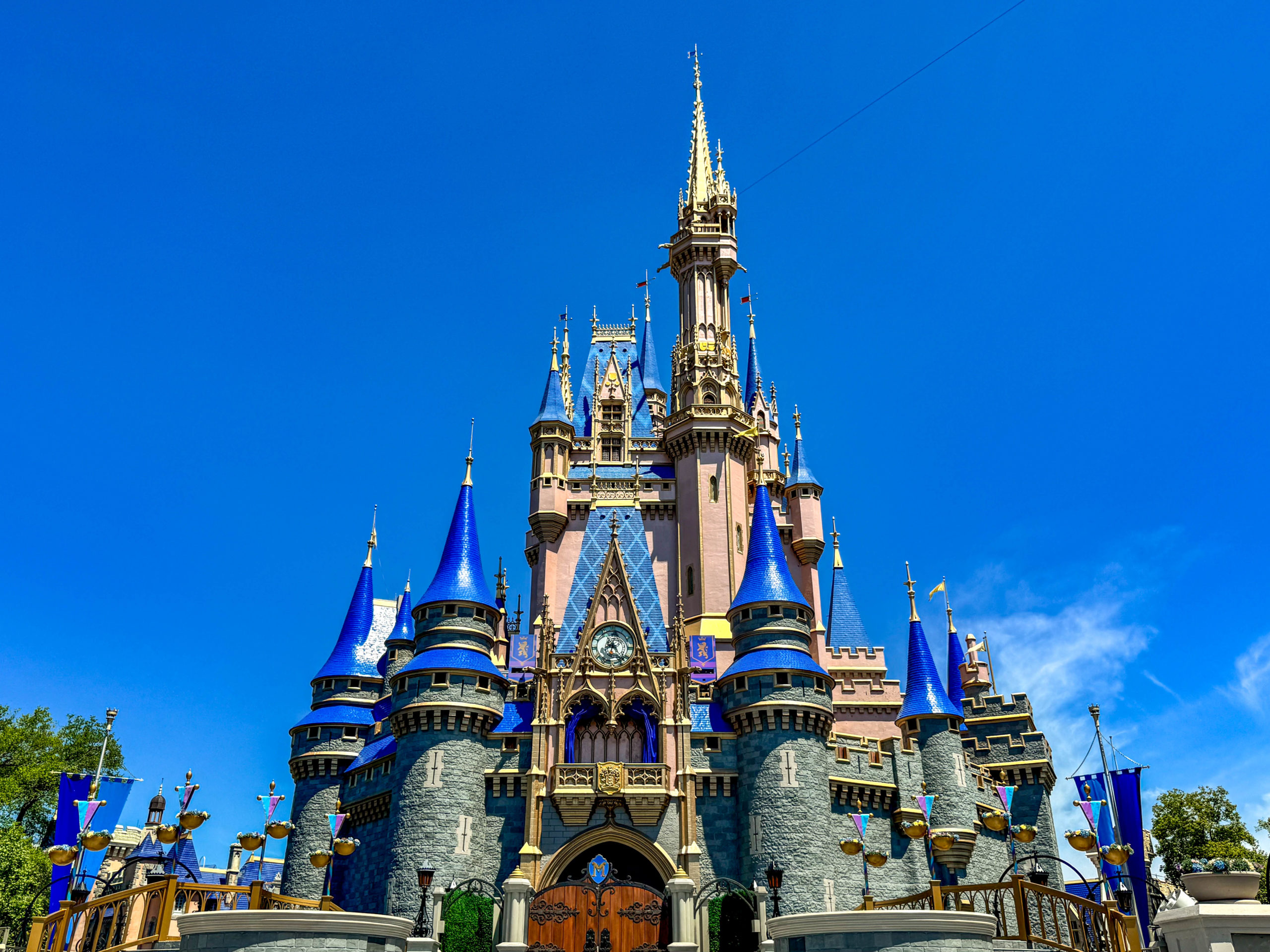

Cinderella Castle in Magic Kingdom
MoffettNathanson has a different take on this fact, based on their assertion of what the theme park wars are.
To them, the upcoming battle to attract tourists comes with more downside for Disney.
Why Could Disney Lose the Theme Park Wars?
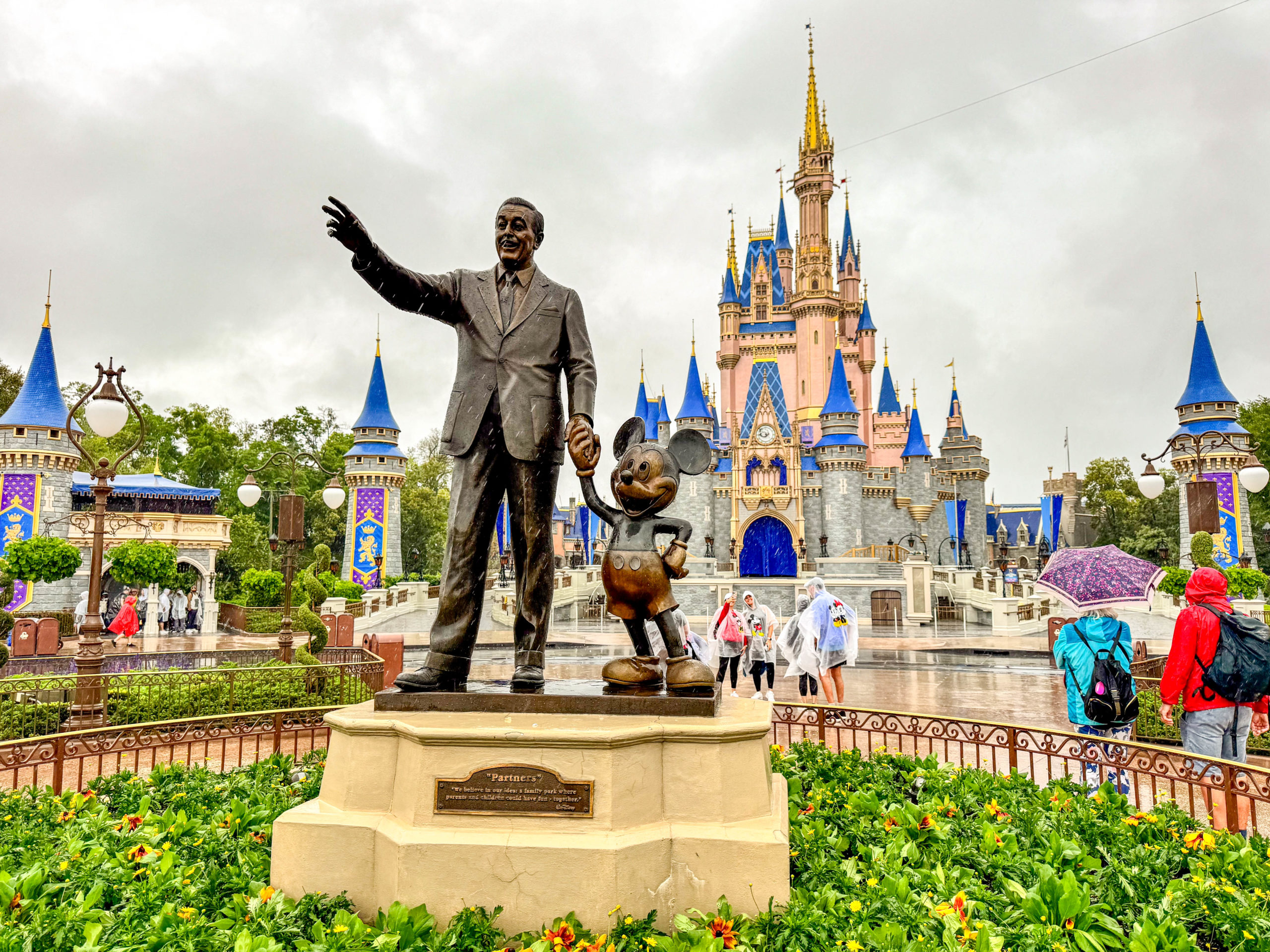

Again, Disney won’t lose anything per se. The worry here is about a trivial number of tourists doing something else instead.
Still, this is a story generating some attention. So, let’s discuss the Disney concerns in the theme park wars.


Specifically, the MoffettNathanson analyst concludes the following:
“The opening of Epic and the new investments from Disney will undoubtedly grow the number of visitors to Orlando.
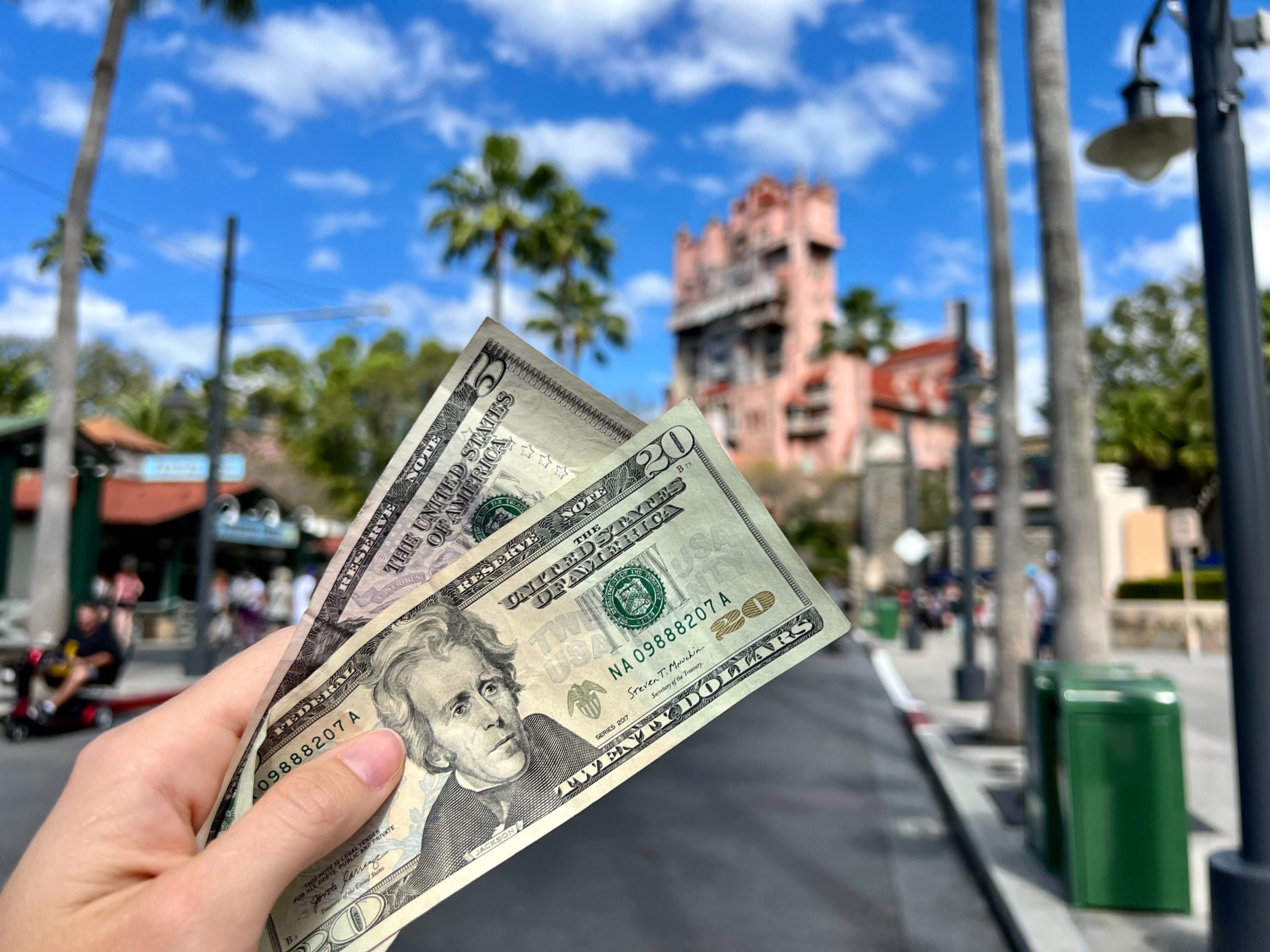

“But one can’t help but conclude that the two will increasingly be in competition for each theme-park travel dollar.”
Their forecasts suggest that Disney could lose one million tourists in the two-year span of 2025 and 2026.
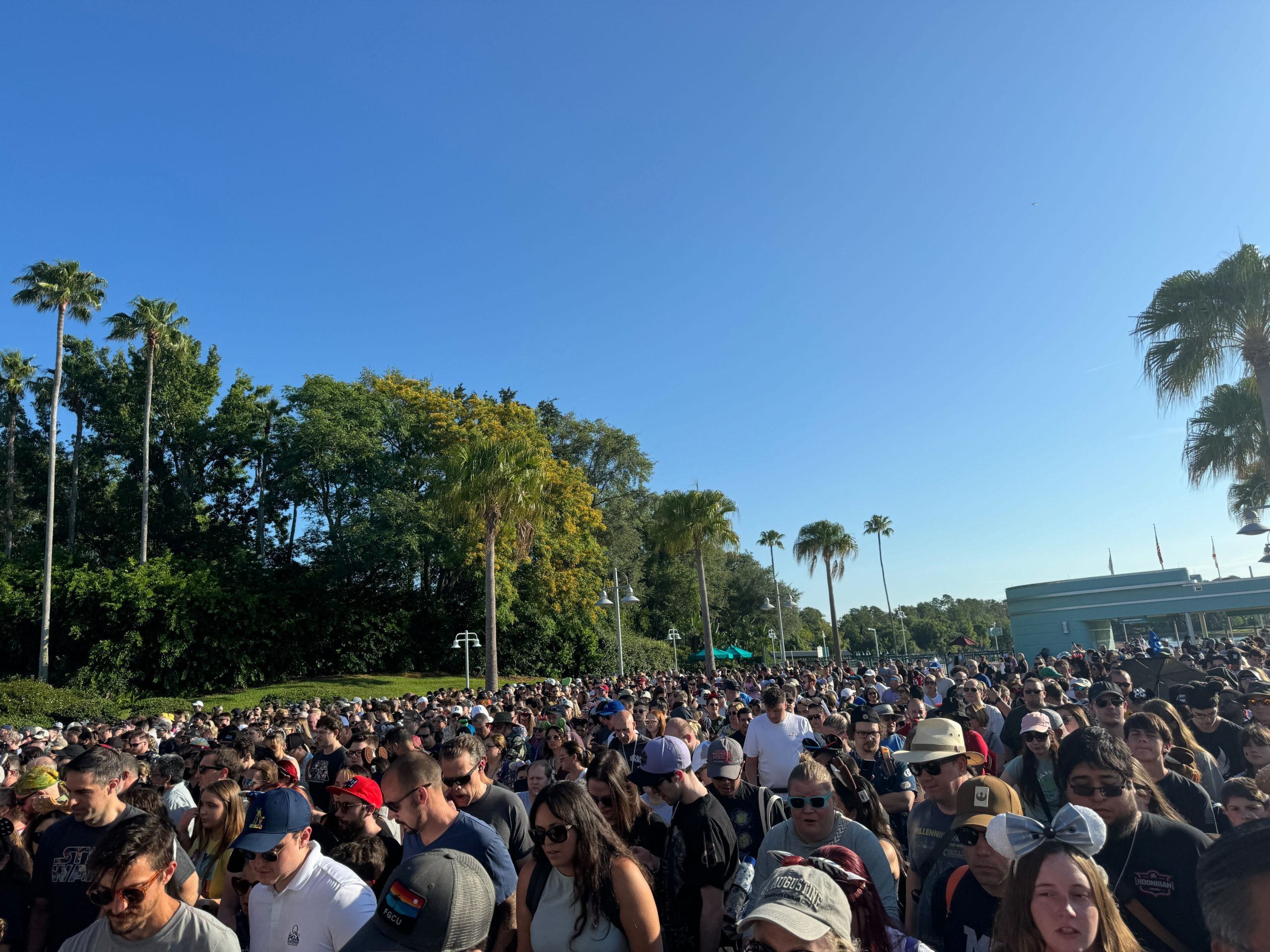

That’s a ratio of 500,000 guests per year, which is merely a rounding error for a place that gains 58 million annual tourists.
Still, investors have indicated concern over what that change could do to Disney’s bottom line in those two years.
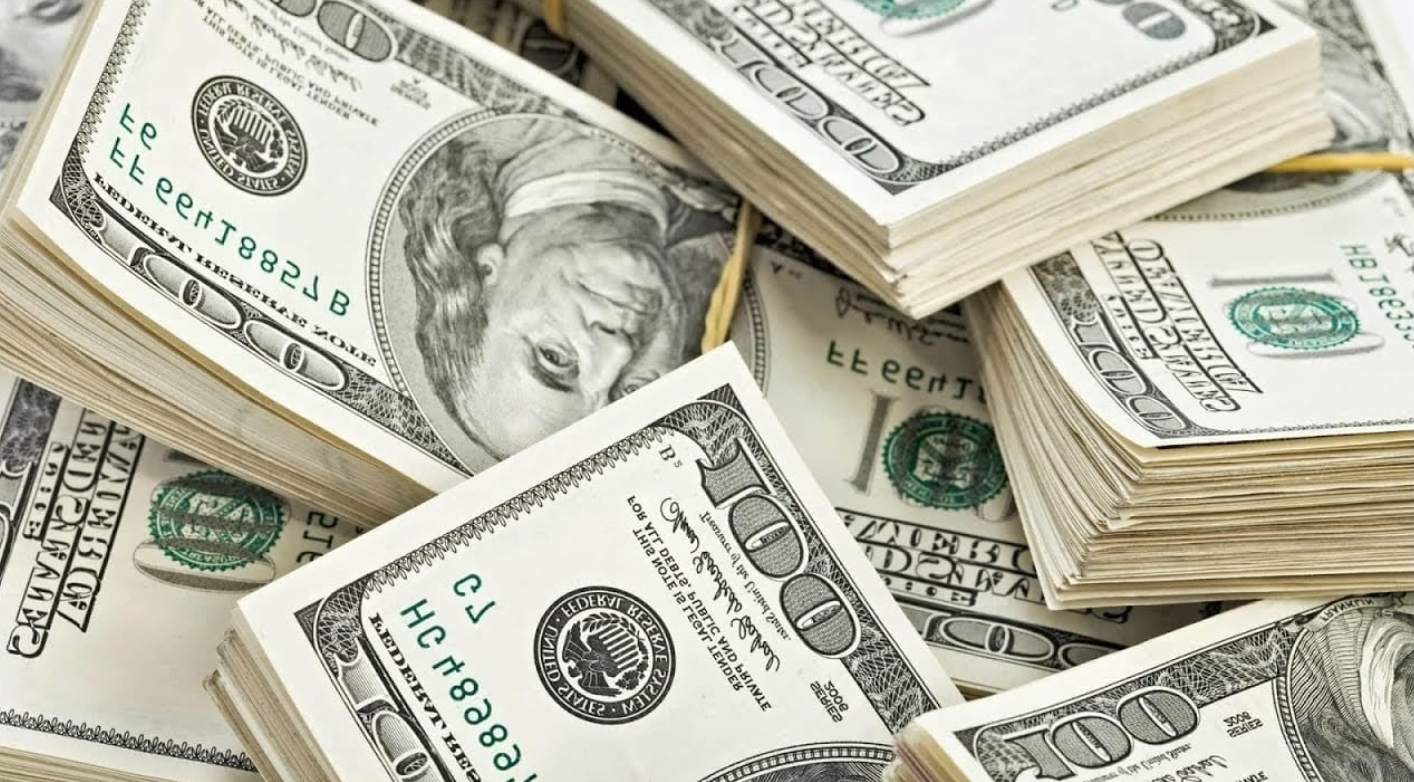

Photo: skillastics.com
Here’s the dollars-and-cents worry from MoffettNathanson:
“While Comcast has competed based on attendance – and Epic Universe will drive what we expect to be significant attendance growth and share gains – Disney has competed largely based on yield, and the maximization of revenue per attendee.”
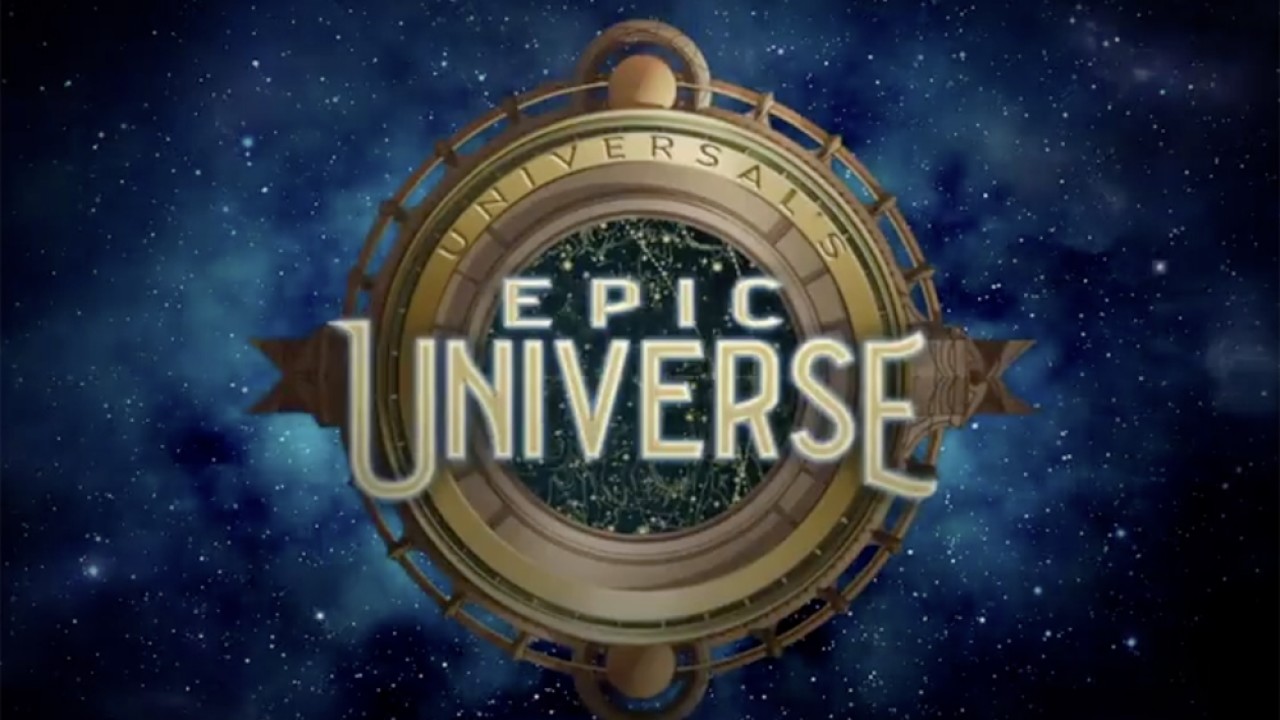

Photo: Universal
Basically, this evaluation suggests that Comcast will win the theme park wars in 2025 and 2026 by increasing attendance.
Given the multi-billion-dollar investment in Epic Universe, it better do that. Otherwise, people will get fired.


Photo: Universal
Such behavior could create a problem for Disney, whose business model relies on maximizing tourism spending.
Long story short, any dollar going to Universal is money people won’t spend at Disney.
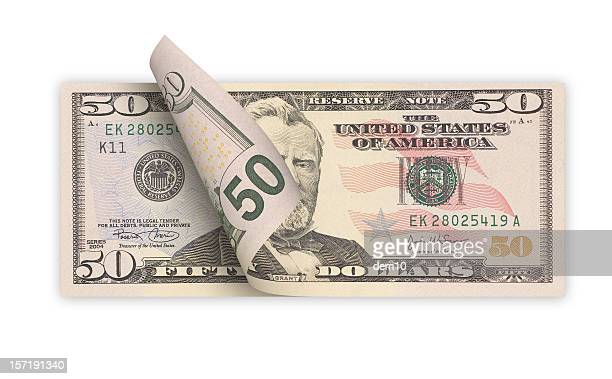

Photo: Getty
MoffettNathanson views this scenario as a zero-sum game where Disney cannot come out ahead.
Are the Theme Park Wars Even Real?


Photo:nbjobs.ca
Here’s the thing, though. Their math doesn’t show any sort of alarming doomsday scenario for Disney, at least not one they’re presenting.
Using their own forecast, we are talking about a loss of less than one percent of tourists. And that’s assuming the scenario goes that way.


Photo: Universal
Nobody quite knows, which is why Disney could just as easily gain from the increased tourism in Central Florida.
The analysis even acknowledges that while arguing that increased competition hurts Disney.
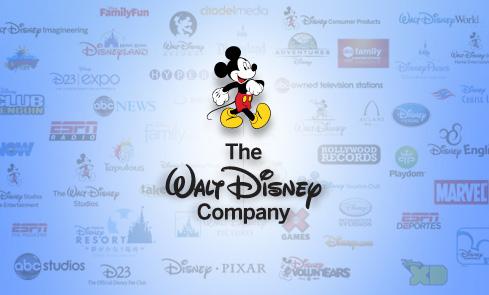

Walt Disney Company
As you can see, even the smartest people in finance are having to make a lot of logical leaps to make this sound like bad news for Disney.
Realistically, all Disney must do to compensate for a one percent loss is raise prices by one percent. Would consumers even notice that?



The Walt Disney Company
Even if MoffettNathanson is low by a factor of two, it’s still a shortfall of 1.7 percent or so.
I sincerely doubt that sort of concern is even on Disney’s radar, even as park officials debate how to combat Epic Universe.


Photo: Universal
Still, this is gonna be the story for the next couple of years.
People WANT there to be theme park wars. In fact, I’m gonna start capitalizing them from now on to emphasize the point.
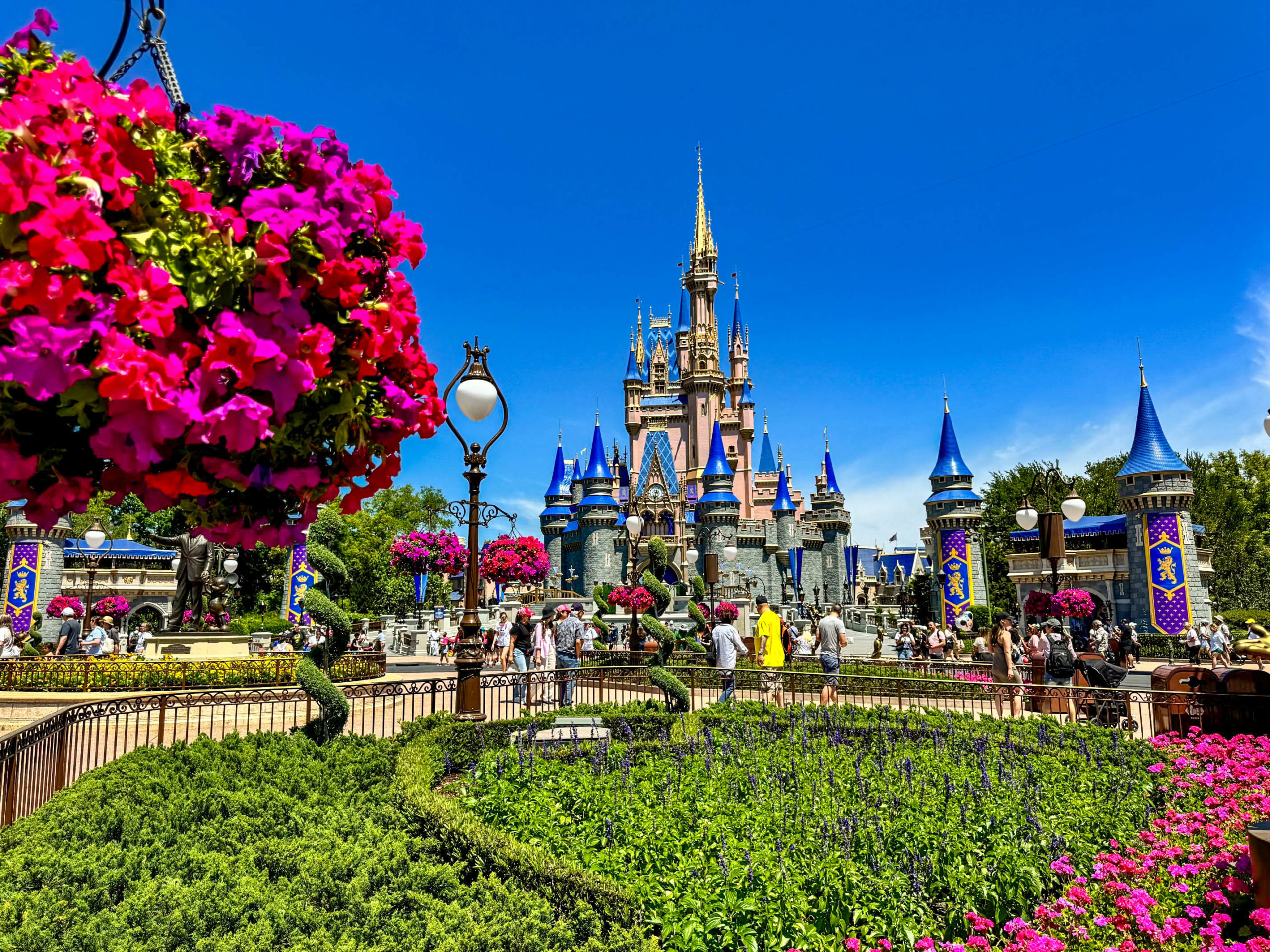

Cinderella Castle in Magic Kingdom
Feuds between recognizable names and brands are alluring, and if you don’t believe me check the Billboard charts this week.
Even casual music fans are talking about Kendrick Lamar and Drake, and that’s why I think MoffettNathanson has missed the mark here.


Photo: Universal
As more people discuss the Theme Park Wars, their urge to visit Central Florida increases.
Disney and Universal Studios will win. It’s everyone else who loses.
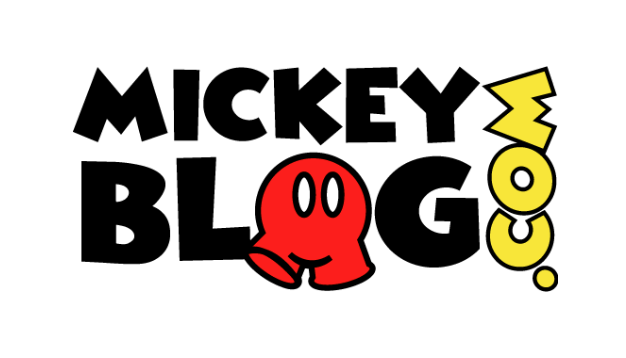

Thanks for visiting MickeyBlog.com! Want to go to Disney? For a FREE quote on your next Disney vacation, please fill out the form below, and one of the agents from MickeyTravels, a Diamond Level Authorized Disney Vacation Planner, will be in touch soon!
Feature Photo: Roberto Machado Noa & Roberto Machado Noa/ Getty Image


